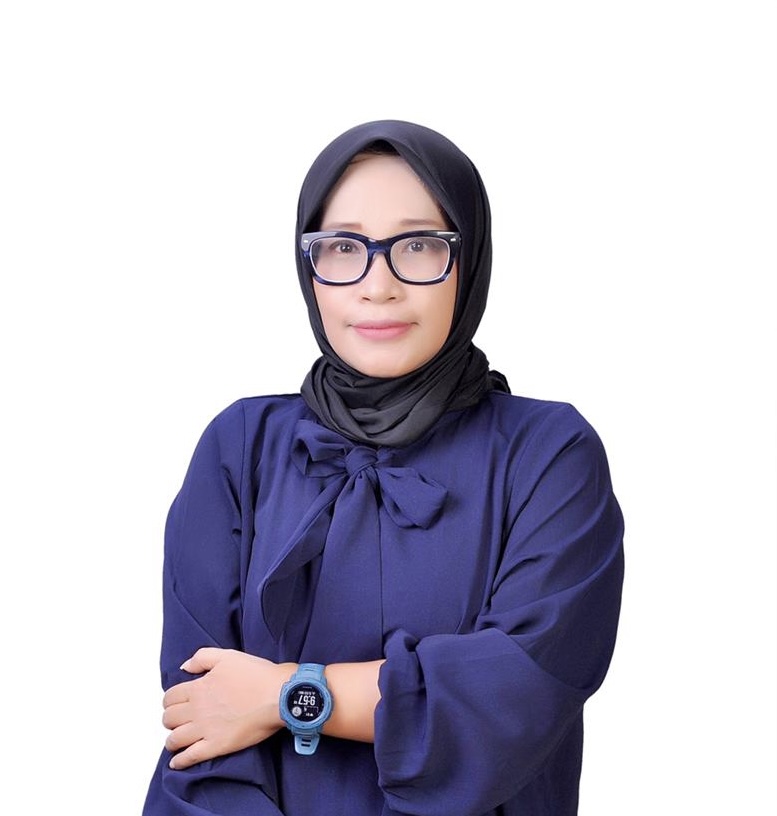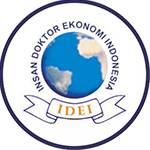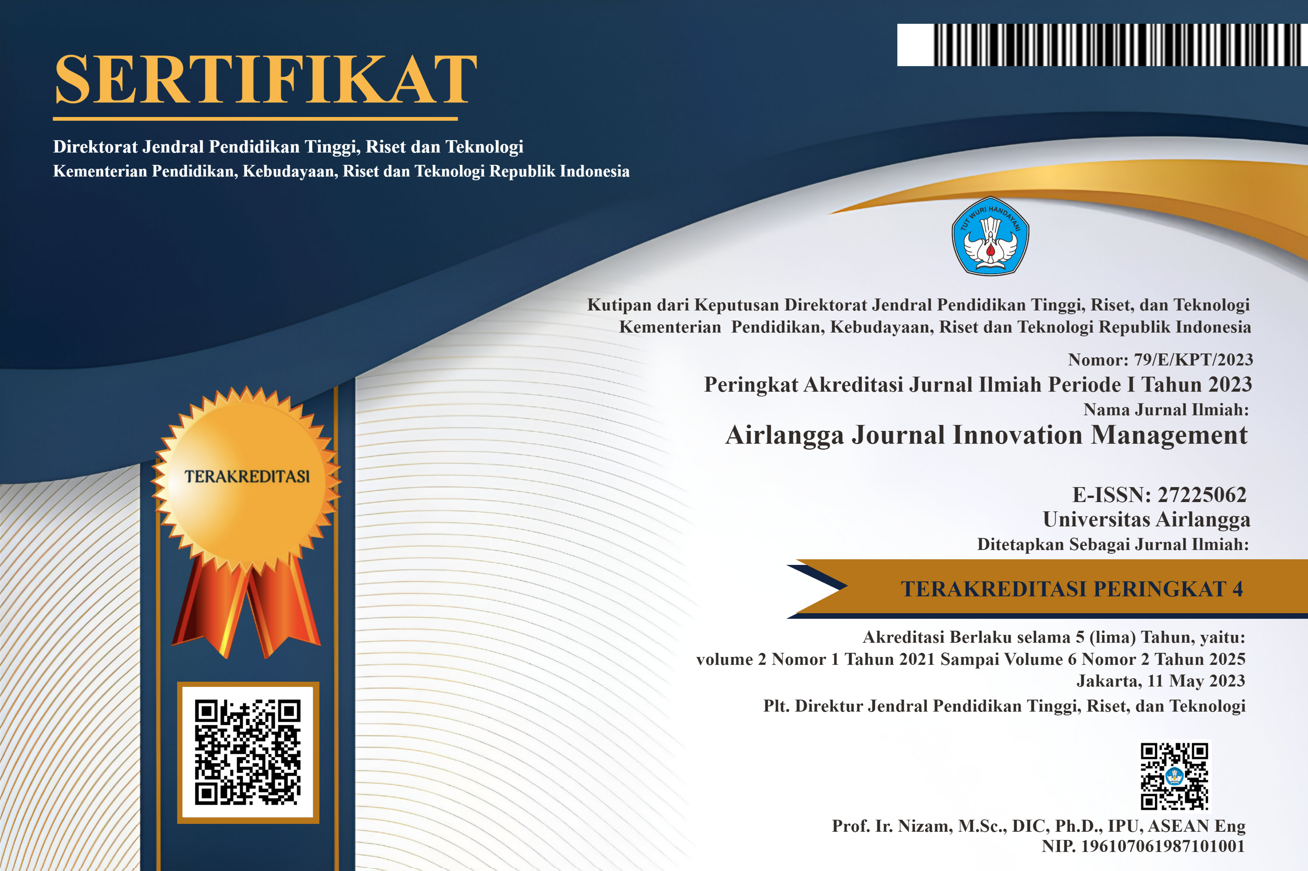Analyzing Failure Risks in Clean Water Distribution Networks Using the Failure Mode and Effect Analysis (FMEA)
Unduhan
Reliable provision of clean water is is a major challenge in managing public infrastructure, particularly in areas with rapid population growth and complex geography. One of the clean water service unit in Padang Sidempuan City faces obstacles in water transmission and distribution, including pipe damage due to aging infrastructure, non-standard materials, ineffective gravity-based systems, and limited raw water sources. This study aims to identify and analyze these inhibiting factors using the Failure Mode and Effects Analysis (FMEA) method. Data were collected through field observations, interviews with technical personnel, and review of operational documents, then analyzed by calculating the Risk Priority Number (RPN) to determine repair priorities. The findings reveal the highest RPN of 720, in areas with elevation issues, where gravity flow fails to maintain sufficient pressure posing the greatest operational risk. The second most critical issue involves failure of water flow due to elevation and inadequate pressurization, with an RPN of 630, highlighting the gravity system’s limitations. Pipe damage, mainly from high internal pressure and poor maintenance, scored an RPN of 560, marking it as another high-priority issue. Based on these findings, this study recommends upgrading the system by installing mechanical pressure devices (booster pumps), replacing pipes with standard-compliant materials, and exploring alternative water sources These improvements are essential for reducing system vulnerability and improving service reliability. The results underscore that applying FMEA systematically is a practical approach for prioritizing technical interventions and enhancing the overall performance of regional clean water supply systems.
Abdelgawad, Mohamed, and Aminah Fayek. 2010. “Risk Management in the Construction Industry Using Combined Fuzzy FMEA and Fuzzy AHP.” Journal of Construction Engineering and Management-asce - J CONSTR ENG MANAGE-ASCE 136.
Adirestuty, Fitranty et al. 2025. “Gastronomy of Religious Tourism: Overview and Future Research Agenda.” Geo Journal of Tourism and Geosites 58(1): 188–99.
Aghapoor Khameneh, P, S M Miri Lavasani, R Nabizadeh Nodehi, and R Arjmandi. 2020. “Water Distribution Network Failure Analysis under Uncertainty.” International Journal of Environmental Science and Technology 17(1): 421–32.
Bakhtawar, Beenish et al. 2025. “Ageing Underground Water Pipelines: Time-to-Failure Models, Gaps and Future Directions.” Water Research X 29(December 2024): 100331.
BPS Indonesia, Statistik Indonesia. 2023. “Catalog : 1101001.” Statistik Indonesia 2023 1101001: 790.
Fauzi, Qudsi, Ulfah Ulfah, and Ida Wijayanti. 2024. “Ethical Challenges in Transportation: A Study on the Implementation of Islamic Business Values.” al-Uqud: Journal of Islamic Economics 8(2).
Gheibi, Mohammad et al. 2023. “A Risk-Based Soft Sensor for Failure Rate Monitoring in Water Distribution Network via Adaptive Neuro-Fuzzy Interference Systems.” Scientific Reports 13(1): 1–27.
Hadidi, Laith, Awsan Mohammed, Ahmed Ghaithan, and Firas Tuffaha. 2021. “A Holistic Reliability System Approach of a Water Distribution Network in Saudi Arabia.” Water Supply 21(7): 3875–86.
Hu, Qihui et al. 2025. “Carbon Dioxide Pipeline Leakage Risk Assessment Based on Pipeline Failure Probability Correction and CO 2 Concentration Dispersion Distance Prediction.” Journal of Pipeline Science and Engineering: 100293.
Mafruchati, Maslichah, Sri Musta’ina, and Akhmad Kusuma Wardhana. 2024. “Research Trends of Moringa Oleifera Lam as Remedy toward Cattle’s Embryo According to the Frequently Used Words in Content of Papers and Citations.” Heliyon 10(11).
Mafruchati, Maslichah, Nor Hayati Othman, and Akhmad Kusuma Wardhana. 2023. “Analysis of the Impact of Heat Stress on Embryo Development of Broiler: A Literature Review.” Pharmacognosy Journal 15(5).
Mafruchati, Maslichah, Akhmad Kusuma Wardhana, and Wan Iryani Wan Ismail. 2022. “Disease and Viruses as Negative Factor Prohibiting the Growth of Broiler Chicken Embryo as Research Topic Trend: A Bibliometric Review.” F1000Research 11(1124): 1124.
Muhaimin, Hikmah et al. 2023. “Entrepreneurship Leadership: Fostering An Entrepreneurial Spirit In Students During Pandemic Covid-19 (Case Study In Tebuireng Boarding School East Java).” Journal of Namibian Studies: History Politics Culture 33: 5597–5610.
Nie, Hai Liang et al. 2025. “Study on the Performance Variation and Failure Mechanism of Natural Gas Pipeline under the Action of Water Failure.” Petroleum Science (xxxx).
Nikoloudi, E., M. Romano, F. A. Memon, and Z. Kapelan. 2021. “Interactive Decision Support Methodology for near Real-Time Response to Failure Events in a Water Distribution Network.” Journal of Hydroinformatics 23(3): 483–99.
Odjegba, Enovwo Erere, Grace Oluwasanya, Olufemi Abiola Idowu, and Olufunke Bolatito Shittu. 2023. “Failure Mode Effects and Criticality Analysis of Water Supply Systems’ Risks: Path to Water Resources Planning and Policy.” Water and Environment Journal 37(1): 114–25.
Park, Changki, Christos Kontovas, Zaili Yang, and Chia Hsun Chang. 2023. “A BN Driven FMEA Approach to Assess Maritime Cybersecurity Risks.” Ocean and Coastal Management 235(June 2022): 106480.
Pietrucha-Urbanik, Katarzyna, and Barbara Tchórzewska-Cieślak. 2018. “Approaches to Failure Risk Analysis of the Water Distribution Network with Regard to the Safety of Consumers.” Water (Switzerland) 10(11).
Pratama, Yaka Bagus, Akhmad Kusuma Wardhana, and Prasetyo Adi Nugroho. 2020. “HUBUNGAN ANTARA ARTIKEL MENGENAI GAME DAN TEKNOLOGI INFORMASI PADA SCOPUS: STUDI BIBLIOGRAFI.” VISI PUSTAKA: Buletin Jaringan Informasi Antar Perpustakaan 22(1).
Pratiwi, Andini Cahyaning, Akhmad Kusuma Wardhana, and Sulistya Rusgianto. 2022. “Application of Vector Error Correction Model on Macroeconomic Variables toward Changes in the Composite Stock Price Index.” Daengku: Journal of Humanities and Social Sciences Innovation 2(2): 219–29.
Ribas, José Roberto, Juliana Crenitte Ribas Severo, Luciana Fernandes Guimarães, and Kim Parente Currlin Perpetuo. 2021. “A Fuzzy FMEA Assessment of Hydroelectric Earth Dam Failure Modes: A Case Study in Central Brazil.” Energy Reports 7: 4412–24.
Riduwan, Riduwan, and Akhmad Kusuma Wardhana. 2022. “Effect of Industrial Digitalization on Total Halal Meat Production in Java.” Journal of Halal Product and Research 5(1): 24–31.
Royden, Alexandra et al. 2021. “Campylobacter Contamination at Retail of Halal Chicken Produced in the United Kingdom.” Journal of Food Protection 84(8): 1433–45.
Safitri, Rosdiana Dewi, and Amalya Nurul Khairi. 2022. “Quality Control of Dry Noodle Product Processing in Semarang Central Java.” Journal of Agri-Food Science and Technology 2(1): 88–95.
Sharma, Kamal et al. 2024. “Design and Implementation of Closed-Loop Water Reuse Systems in Urban and Industrial Settings for Maximizing Resource Recovery and Minimizing Waste.” Desalination and Water Treatment 320(June): 100850.
Sirsant, Swati, and Mohamed A Hamouda. 2023. “Advances in Assessing the Reliability of Water Distribution Networks : A Bibliometric Analysis and Scoping Review.”
Smaranda, Ionescu Daniela, Ionescu Gheorghe C-tin, and Carol Daroczi. 2010. “Failure Mode and Effect Analysis of Water Supply Systems.” Acta Agraria Debreceniensis (I): 255–61.
Star, S. K. et al. 2025. “Temperature Effects on Water Hammer Phenomena in Pipelines.” Applied Thermal Engineering 264(January): 125408.
Susanto, Arva Athallah, Aryadimas Suprayitno, Siti Zulaikha, and Akhmad Kusuma Wardhana. 2025. “How Islamic Leadership and Islamic Worldview Play a Role in Restoring a Country’s Economic Glory: Blibliometrical Analysis.” Jurnal Transformatif (Islamic Studies) 9(1): 40–56.
Tang, Kayu, David J Parsons, and Simon Jude. 2019. “Comparison of Automatic and Guided Learning for Bayesian Networks to Analyse Pipe Failures in the Water Distribution System.” Reliability Engineering and System Safety 186(August 2017): 24–36.
Tchórzewska-Cieślak, Barbara, Katarzyna Pietrucha-Urbanik, and Izabela Piegdoń. 2023. “The Failure Risk Analysis of the Water Supply Network.” Water (Switzerland) 15(21).
Wang, Wen Hui et al. 2025. “Mapping of the Susceptibility of China‒Russia Crude Oil Pipelines to Water Damage in Permafrost Regions in Northeast China.” Advances in Climate Change Research (xxxx).
Weeraddana, Dilusha et al. 2021. “Long-Term Pipeline Failure Prediction Using Nonparametric Survival Analysis.” Lecture Notes in Computer Science (including subseries Lecture Notes in Artificial Intelligence and Lecture Notes in Bioinformatics) 12460 LNAI: 139–56.
Wijayanti, Ida, Sri Herianingrum, and Muhamad Nafik Hadi Ryandono. 2020. “Islamic Crowdfunding Mechanism to Answer Renewable Energy Investment Challenge in Indonesia.” Test Engineering and Management 83: 3596–3605.
Zhang, Longfei et al. 2023. “Impact of Water Delivery Pipeline Leakage on Collapsible Loess Foundations and Treatment Methods.” Case Studies in Construction Materials 19(June): e02341.
Hak Cipta (c) 2025 Airlangga Journal of Innovation Management

Artikel ini berlisensiCreative Commons Attribution-NonCommercial-ShareAlike 4.0 International License.
- The journal allows authors to hold copyright without restrictions and retain publication rights without restrictions. The author retains the copyright and grants the first publication rights to the journal, with his work simultaneously licensed under the Creative Commons Attribution-NonCommercial-ShareAlike 4.0 International License (CC BY-NC-SA). This license allows others to share the work with acknowledgment of authorship and initial publication in this journal, provided that the work is not used for commercial purposes and that any derivative works must use the same license.
- Authors may enter into additional contractual agreements for non-exclusive distribution of the journal publication version (e.g., uploading it to an institutional repository or publishing it in book form), while still including acknowledgment of the initial publication in this journal.
- Authors are allowed and encouraged to upload their work online (e.g., in an institutional repository or personal website) before and during the submission process. This can support productive scientific exchanges as well as increase citations to published works.

AJIM by UNAIR is licensed under a Creative Commons Attribution-NonCommercial-ShareAlike 4.0 International License.





















